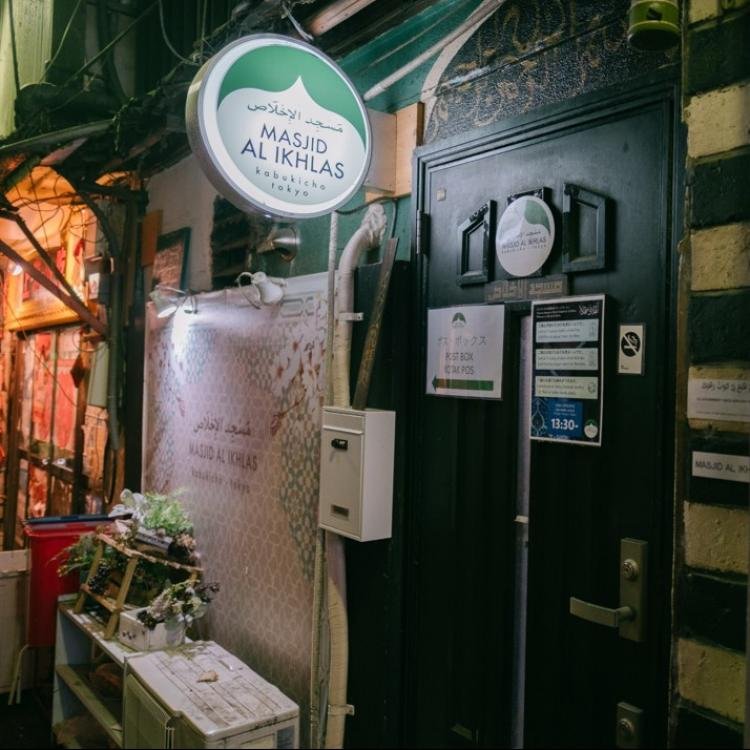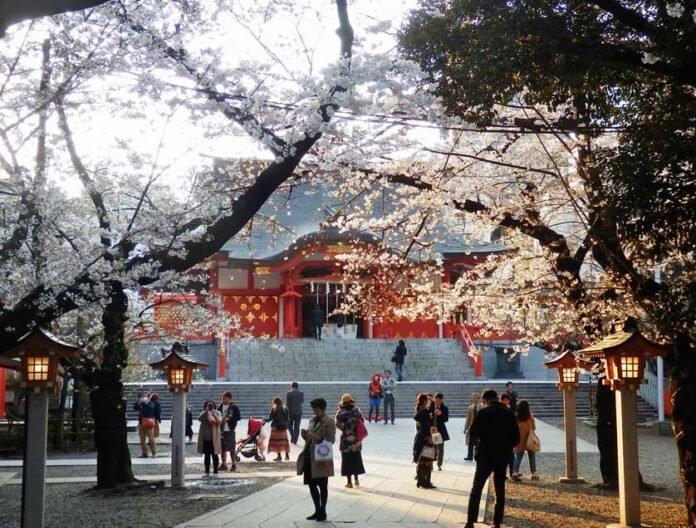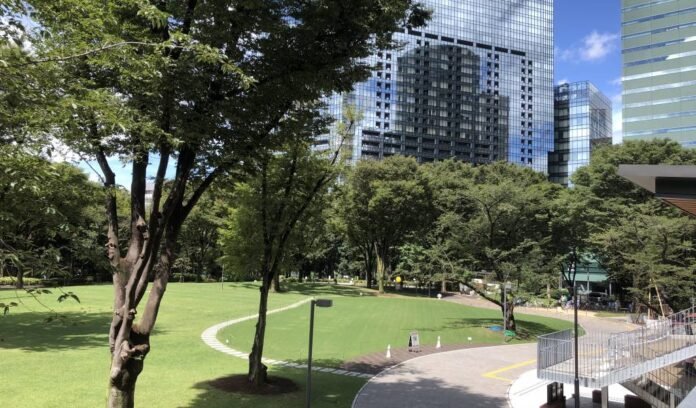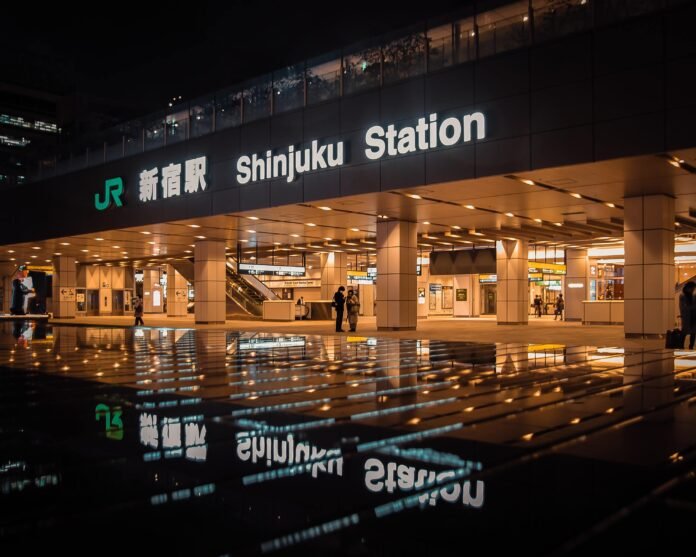Tokyo, Japan, VisitShinjuku.com – The Muslim community in Shinjuku’s bustling Kabukicho district faced a setback this week after the sudden closure of Masjid Al-Ikhlas, a small but active mosque that had served as a spiritual hub for locals and visitors alike.
On September 30, 2025, the mosque officially shut its doors following a lease dispute with the building’s management. According to community representatives, the mosque’s operators had offered to pay increased rent to keep the space, but the agent managing the property refused to renew the contract.
“We tried to negotiate and even agreed to higher rental fees, but the landlord’s agent declined our offers. Unfortunately, this means we no longer have a place here,” said one member of the mosque’s committee.

A Loss for the Community
Masjid Al-Ikhlas was more than just a prayer space — it had become a gathering point for Muslims living in or visiting Shinjuku. The mosque’s location in Kabukicho, known as Tokyo’s nightlife district, made it unique: a sanctuary of calm and faith amid the neon lights and busy streets.
Its closure leaves many worshippers scrambling for alternatives. While larger mosques exist in other parts of Tokyo, such as the Tokyo Camii in Shibuya, the convenience and accessibility of Masjid Al-Ikhlas had made it a vital part of daily religious life for many.
Searching for a New Home
Community leaders are now seeking a new venue to continue their activities. “We are committed to finding another location in Shinjuku. The Muslim community here needs a place to pray, gather, and feel at home,” one organizer said.
In the meantime, worshippers have been directed to other nearby mosques and prayer spaces while the search for a replacement site continues.
Wider Implications
The incident has also reignited discussions around religious facilities in Tokyo’s central districts, where high rents, strict zoning laws, and commercial development often make it difficult for minority communities to maintain permanent spaces.
For many, the loss of Masjid Al-Ikhlas highlights both the resilience and challenges faced by Tokyo’s diverse religious communities.




